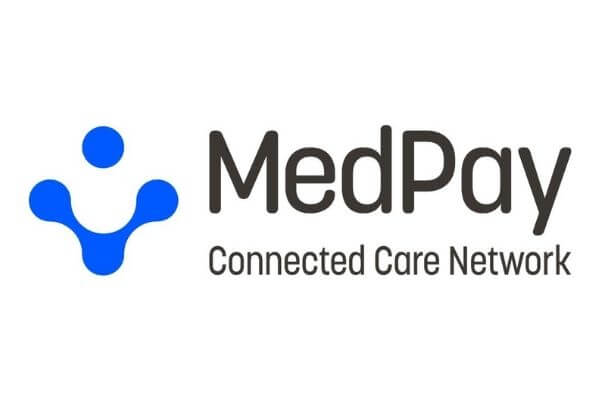MedPay Coverage in Auto Insurance
Demystifying MedPay: Your Guide to Medical Payments Coverage in Auto Insurance (2024)

Ever wondered what happens to medical bills after a car accident, regardless of who’s at fault? MedPay, or Medical Payments Coverage, can be your saving grace. Let’s explore what MedPay covers, how it compares to other insurance options, and why it might be a valuable addition to your auto insurance policy.
WHAT DOES MEDPAY COVER ON AUTO INSURANCE?
MedPay is an optional add-on coverage that helps pay for medical expenses incurred by you and your passengers in the event of an accident, regardless of fault. Think of it as a safety net that catches medical bills after an accident, so you’re not left scrambling financially. Here’s a breakdown of what MedPay typically covers
Doctor visits for injuries sustained in the accident
Rehabilitation costs associated with physical therapy or occupational therapy
Hospital stays if hospitalization is necessary
X-rays, MRIs, and other diagnostic procedures to determine the extent of injuries
Ambulance services to transport you to the hospital
In some cases, funeral expenses if a passenger is fatally injured
MedPay vs. Bodily Injury Liability vs. PIP
It’s important to understand how MedPay stacks up against other coverage options that deal with medical expenses in auto insurance:
This mandatory coverage pays for medical expenses and other damages of other people injured in an accident you caused. It does not cover your own medical expenses or those of your passengers.
Personal Injury Protection (PIP):
Required in some states (often called “no-fault” states), PIP is similar to MedPay in that it covers medical bills for you and your passengers regardless of fault. However, PIP coverage may be more comprehensive, sometimes including lost wages, replacement services for household chores you can’t perform due to injuries, and even funeral expenses.
Here's a table summarizing the key differences:
Coverage | Who is Covered? | Fault Requirement | Additional Coverage (may vary) |
|---|---|---|---|
MedPay | You and your passengers | No fault | None (purely medical expenses) |
Bodily Injury Liability | Others injured (not you or your passengers) | You are at fault | |
PIP (varies by state) | You and your passengers | No fault | Lost wages, replacement services, funeral expenses (depending on state regulations) |
What Happens if Auto Insurance Does Not Offer Medical Coverage?
If you don’t have MedPay or PIP on your auto insurance and are injured in an accident, you’ll have limited options to cover your medical bills:
Your Health Insurance: Your primary health insurance might cover a portion of the expenses, but you’ll likely have deductibles and co-pays to meet.
Suing the At-Fault Driver: If the other driver was at fault, you can sue them to recover medical costs. This process can be lengthy and expensive, with no guaranteed outcome.
The Advantages of MedPay Coverage
While not mandatory, MedPay offers valuable protection, particularly if your health insurance has high deductibles or limited coverage for certain accident-related injuries. Here are some key benefits:
Fills the Gap: MedPay can cover medical expenses not reimbursed by your health insurance, such as co-pays, deductibles, or ambulance fees.
Peace of Mind: Knowing you have MedPay coverage can provide peace of mind after an accident, so you can focus on recovery without worrying about medical bills.
Regardless of Fault: MedPay pays for medical expenses regardless of who caused the accident, offering a safety net in any situation.
Making an Informed Decision
When considering auto insurance options, discuss MedPay with your insurance agent. They can explain the specific details of MedPay coverage in your state, including coverage limits and costs, to help you decide if it’s a good fit for your needs.
By understanding MedPay Coverage and how it compares to other medical coverage options, you can make informed choices to safeguard yourself financially in case of an accident. Remember, MedPay focuses on your medical expenses, while other options like Bodily Injury Liability and PIP address damages to others or may include additional benefits depending on your state.